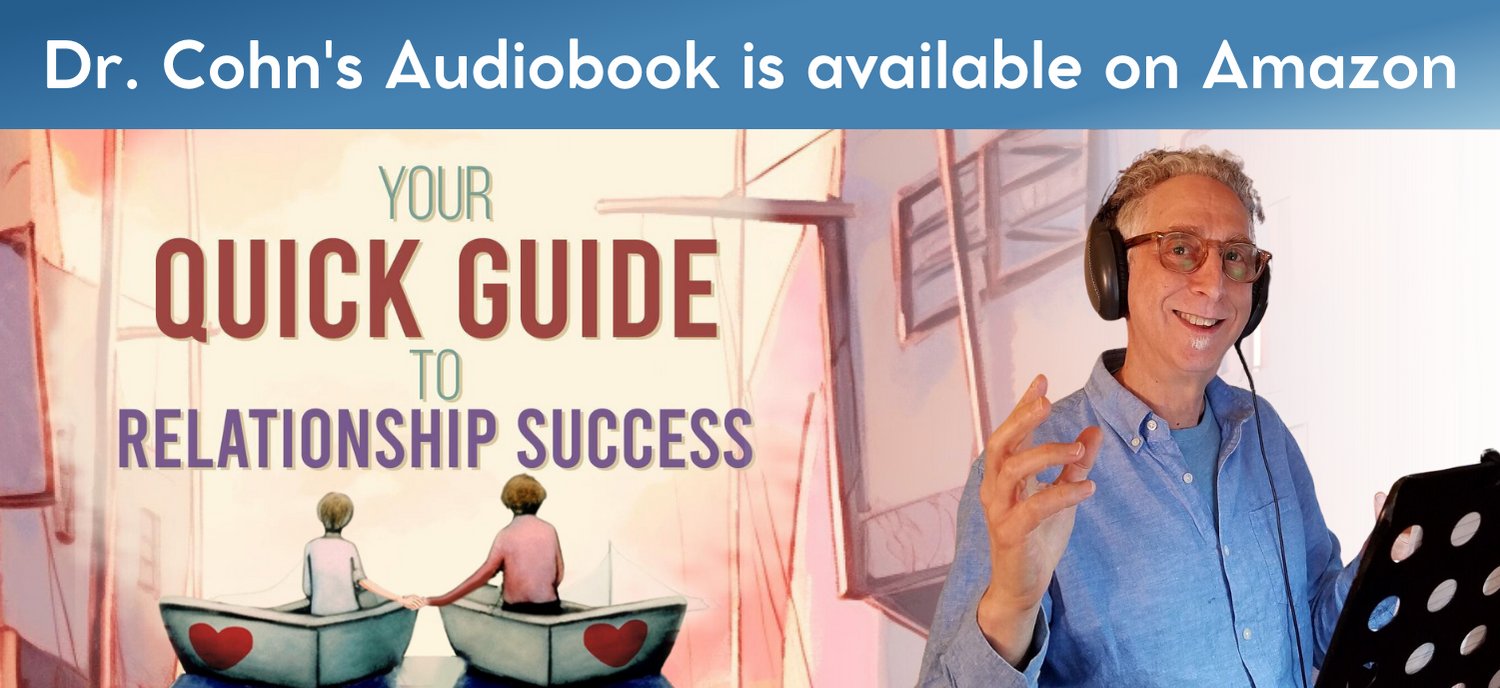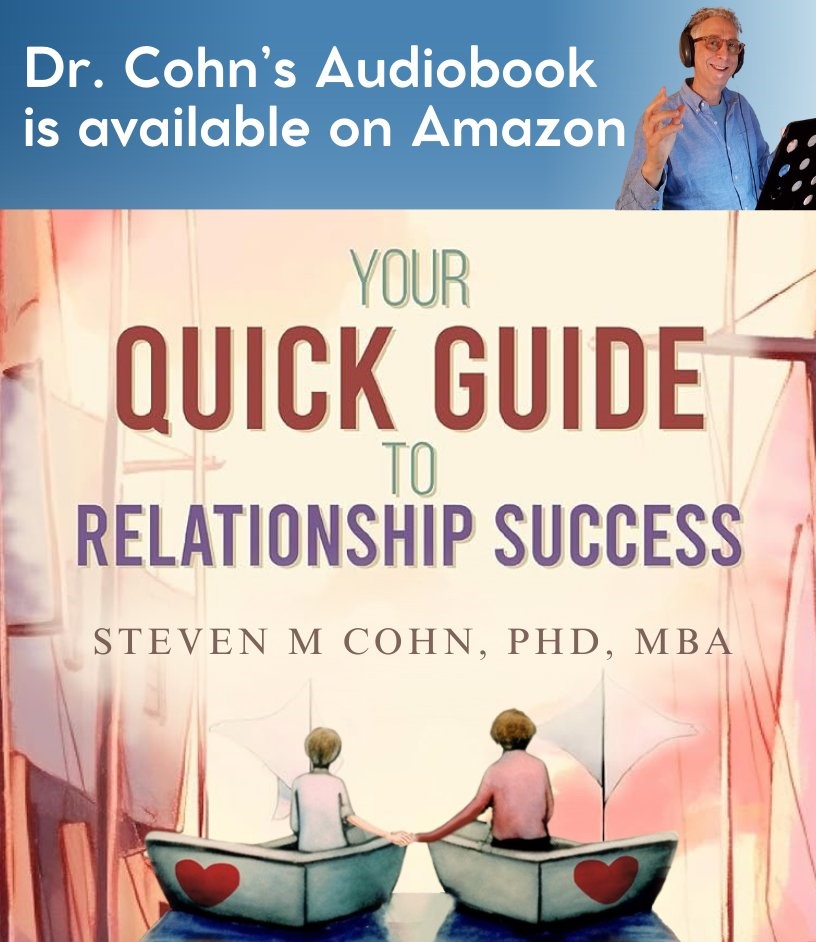- Home
- Infidelity
- how to get over cheating
Healing from
Infidelity: How to Get Over Cheating
Introduction
Infidelity, a breach of trust in a committed relationship, can shatter the foundation of love and intimacy. For both the unfaithful partner and the betrayed partner, the big question is how to get over cheating. The discovery of an affair leaves the betrayed partner feeling hurt, confused, angry, feeling less than, and uncertain about the future of the relationship. However, healing from infidelity is possible with time, effort, and a commitment to rebuilding trust. In this article, we will explore the process of healing, offering practical steps and guidance for both the betrayed and the unfaithful partner on the path towards healing, eventual forgiveness, and the restoration of a stronger, more resilient relationship.
Understanding
the Impact
Infidelity has profound emotional, psychological, and physical consequences on both partners. The betrayed individual experiences a rollercoaster of emotions, including anger, sadness, betrayal, and a loss of self-esteem. It is crucial to acknowledge these emotions and understand that healing is a journey that takes time and effort from both parties involved.
Working With A Relationship Specialist: How to Get Over Cheating
Couples should immediately consider seeking the help of a licensed therapist who specializes in infidelity to facilitate these difficult conversations. Healing from infidelity often requires professional guidance, and the sooner you start therapy, the better. Seeking the help of a licensed Relationship Specialist can provide a neutral and supportive environment for both partners to express their emotions and work through the challenges they face. A Relationship Specialist can also assist in identifying and addressing underlying issues in the relationship, offering tools and strategies to rebuild trust and intimacy.
It is highly recommended that the first step a couple should take when infidelity is reported or discovered is to call a Relationship Specialist. Steven Cohn, PhD has been working as Relationship Specialist for more than 20 years; and specializes in helping couples work through the pain, anguish, and confusion of cheating. Important: Keep in mind that not all therapists who work with couples are Relationship Specialists. A Relationship Specialist only works with couples. A therapist who works with couples sometimes and individuals sometimes is a general practitioner, not a Relationship Specialist. A seasoned Relationship Specialist is someone who knows the lay of the infidelity land and can help you understand the map and necessary steps on the journey that are required to heal.

Open and Honest Communications
Part of the answer to the question of how to get over cheating is open and honest communication. The betrayed partner needs answers to their questions, and the unfaithful partner must be willing to provide them, without evasion or defensiveness. Transparent and frequent communication helps rebuild trust and provides a foundation for healing.
Acceptance and Responsibility
The unfaithful partner must acknowledge their actions, show remorse, and commit to making amends. The betrayed partner, while hurt, needs to eventually be open to accepting apologies and recognize that healing is a joint effort. Avoiding blame and working together to understand the underlying issues that contributed to the affair is crucial for the healing process. It’s important to understand that in the early stages, after discovery or confession of infidelity, it is common for the betrayed partner to express anger and to seek seclusion; sometimes asking the unfaithful partner to move out of the bedroom or out of the house or apartment.
Establish Boundaries and Rebuild Trust
Rebuilding trust is a challenging but essential part of healing from infidelity. Considering the question of how to get over cheating, reasonable expectations are necessary. Be prepared that it often takes months to heal from infidelity. The unfaithful partner must be willing to be transparent and accountable, allowing their reparative actions to speak louder than words. Both partners should work together to establish new boundaries and guidelines for the relationship, including open access to communication devices, frequent check-ins, and shared activities to rebuild emotional intimacy.
Patience and Self-Care
Recovering from infidelity takes time, and both partners must exercise patience. Healing is not a linear process, and setbacks are normal. Each partner should prioritize self-care, engaging in activities that bring them peace and promote personal well-being. By taking care of themselves, they can become stronger individuals and contribute positively to the healing process. It is often helpful to be in individual therapy in addition to working with a Relationship Specialist.
Conclusion
Healing from infidelity is a difficult journey, but with commitment, communication, and a shared desire to rebuild trust, couples can find their way back to a healthier and more fulfilling relationship. It requires open and honest communication, acceptance of responsibility, the establishment of new boundaries, seeking professional help when needed, and practicing patience and self-care. Remember, healing is possible, and with time, forgiveness, and effort, couples can create a stronger, more resilient bond built on trust, love, and understanding.
Share
Follow

Steven M Cohn, PhD is honored to have been featured on CNBC.com.

Steven M Cohn, PhD is pleased to have been featured on Koin 6 Television: "Boost In The Bedroom."

Steven M Cohn, PhD is pleased to have been featured on both KATU.com and KATU Channel 2 Television.

Steven M Cohn, PhD is pleased to have been featured on Oregon Live "Why Oregon's Latest Divorce Statistics May Be Divorced From Reality"

Steven M Cohn, PhD, MBA, LMFT has been named one of the top three marriage counselors in Portland, Oregon three years in a row by the non-profit organization Three Best Rated



